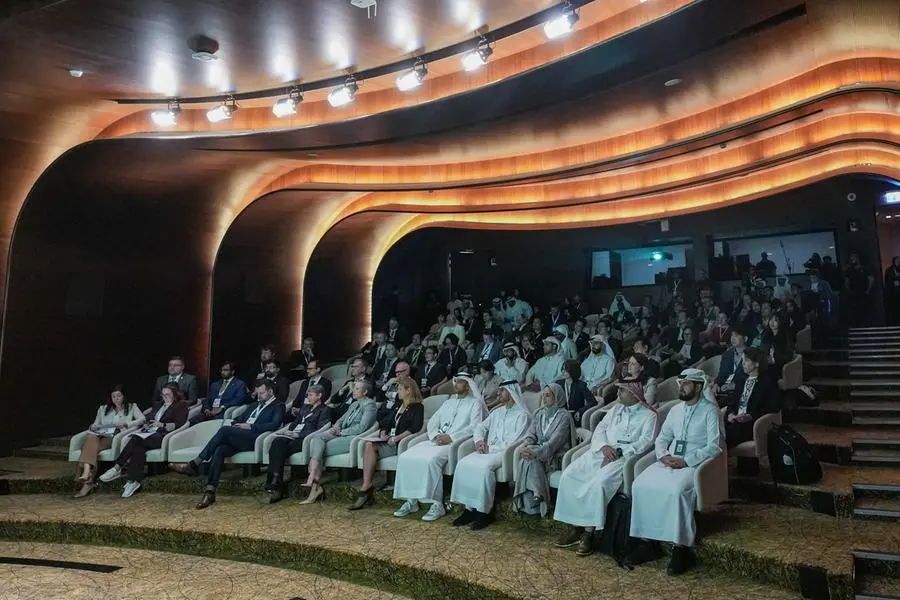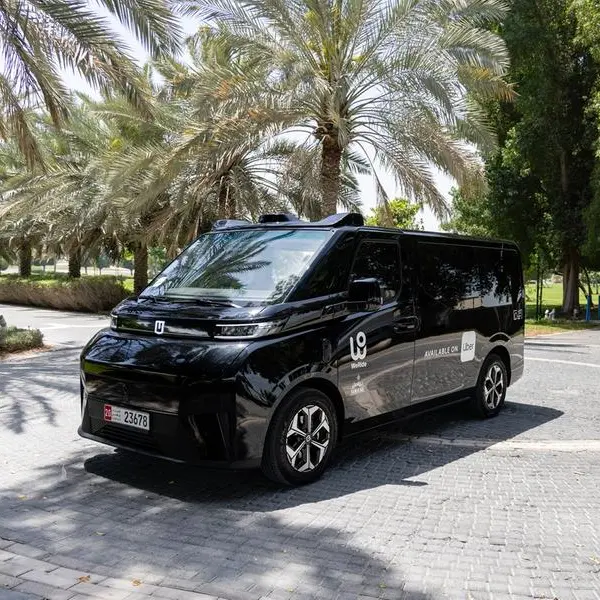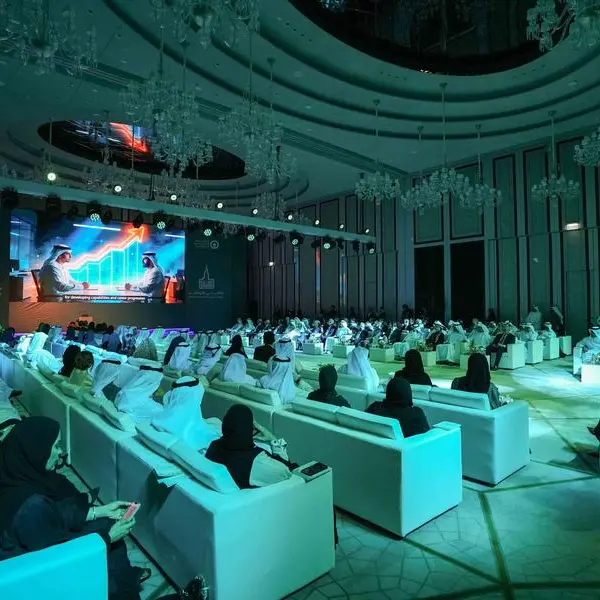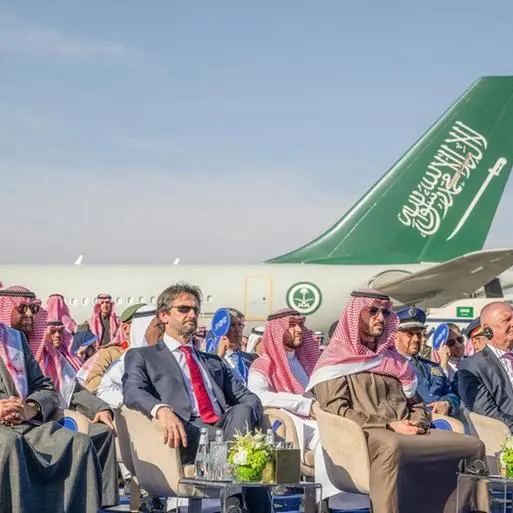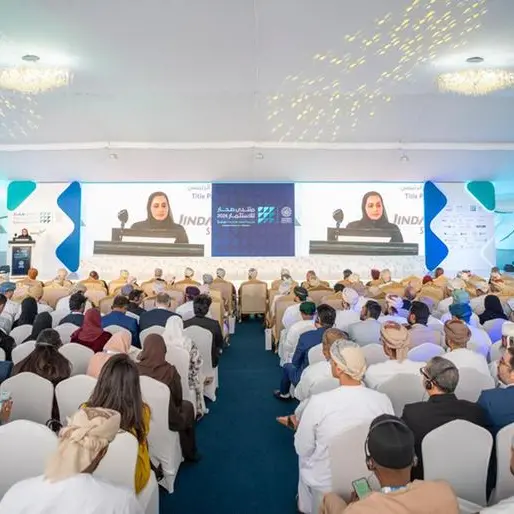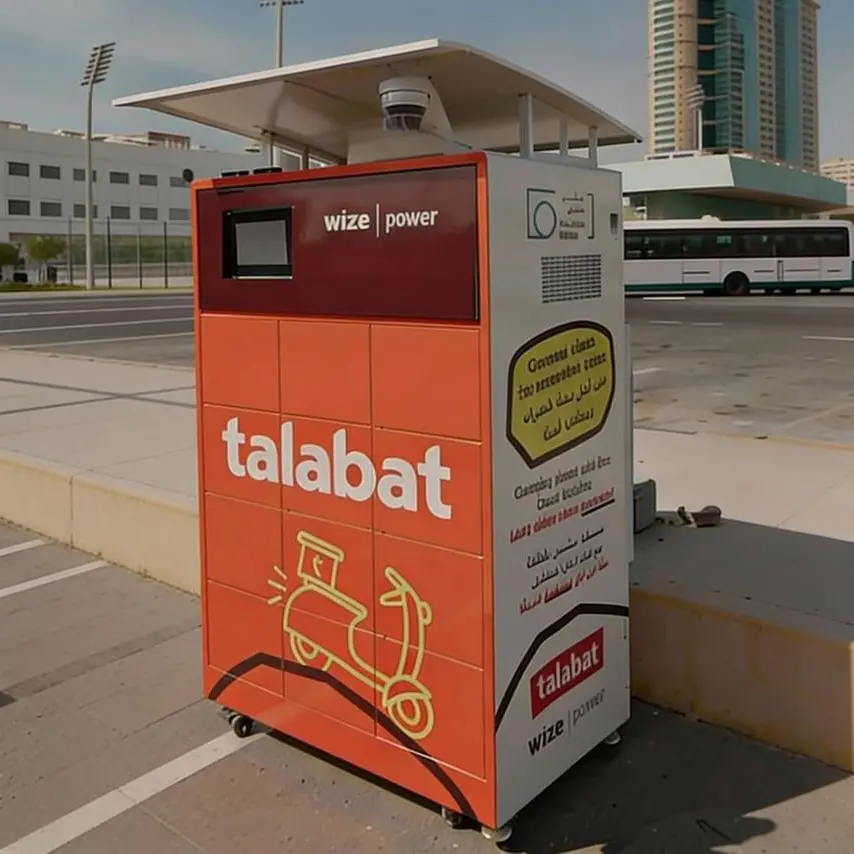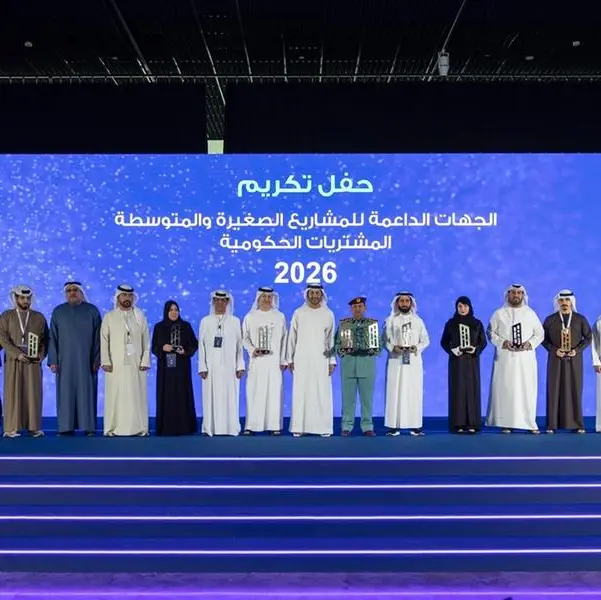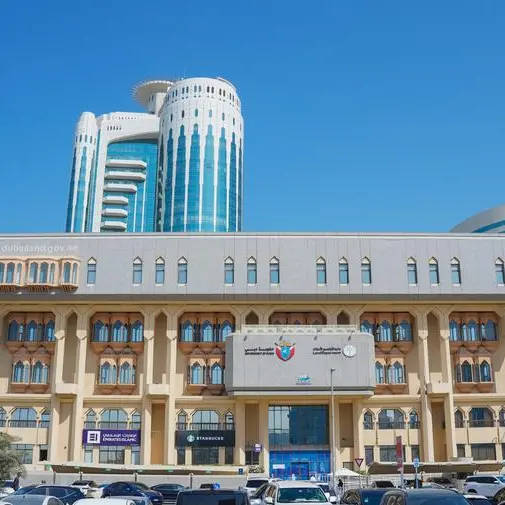PHOTO
Dubai – UAE: The Mohammed Bin Rashid Space Centre (MBRSC) hosted NASA’s Moon to Mars Architecture Workshop at the Etihad Museum in Dubai on February 25 and 26, bringing together global space leaders to discuss the future of human space exploration. The workshop convened representatives from major space agencies, including NASA, ESA, CNES, JAXA, and other international partners, reinforcing the UAE’s role as a strategic hub for collaboration in space science and technology.
The workshop served as a platform for advancing partnerships for peaceful space exploration and guiding humanity’s progression from lunar expeditions to sustainable Mars exploration. Participants engaged in high-level discussions, roundtables, and technical sessions to align strategies, address capability gaps, and explore partnership opportunities in deep space exploration.
Representing MBRSC, Amer AlSayegh AlGhaferi, Assistant Director General of the Aerospace Engineering Sector, and Adnan AlRais, Assistant Director General of Space Operations and Exploration Sector, participated in key discussions alongside global experts.
Over the course of two days, attendees engaged in strategic sessions on foundational exploration capabilities, lunar mobility, power infrastructure, and logistics for future missions. NASA also provided updates on the Architecture Concept Review, detailing the latest advancements and highlighting areas for future collaboration.
Adnan AlRais, Assistant Director General, Space Operations and Exploration Sector, MBRSC said, “Hosting this NASA workshop reaffirms our commitment to shaping human space exploration through strategic global partnerships. The discussions held over these two days have reinforced the importance of global alignment, shared expertise, and collective innovation in achieving humanity’s long-term ambitions beyond Earth. As the UAE continues to play a pivotal role in this endeavour, MBRSC will work closely with space agencies and organisations worldwide to accelerate progress toward sustainable lunar and Martian exploration. Looking ahead, our focus remains on strengthening collaborations, driving scientific advancements, and ensuring that our contributions pave the way for the success of future missions.”
Dr. Lori Glaze, NASA Acting Associate Administrator for Exploration Systems Development, said, “We are very grateful for the hospitality of our colleagues at MBRSC. This workshop brought together many nations passionate about our shared future in space for fruitful discussions about how we can best explore together. We look forward to continuing these dialogues in the months and years to come.”
The workshop concluded with a renewed commitment from all participating space agencies to strengthen cooperation and drive forward joint initiatives that will enhance mission readiness, technological capabilities, and scientific research for future missions to the Moon, Mars and beyond.
ABOUT MOHAMMED BIN RASHID SPACE CENTRE (MBSRC):
MBRSC is an advanced scientific and technological hub, responsible for making the UAE a world leader in space services and exploration.
Starting with a small team of dedicated engineers in 2006, MBRSC has grown into the incubator of the UAE National Space Programme, fostering scientific research, and building a sustainable space sector in the UAE. MBRSC is home to the Satellite Development Programme, UAE Astronaut Programme, and Emirates Lunar Mission, among others. Under its satellite programme, the Centre has built, developed, and operated several Earth observation satellites, including DubaiSat-1, DubaiSat-2 and KhalifaSat, the first satellite that was fully built by Emiratis as well as the recently launched MBZ-SAT, the most advanced satellite in the region.
MBRSC is also developing the Emirates Airlock, a crew and science airlock module for the Gateway lunar space station, humanity's first international outpost to orbit the Moon. Additionally, the UAE will also be sending an Emirati astronaut on a Moon mission. Under the UAE Astronaut Programme, MBRSC currently has four astronauts, two of who have undertaken missions to the International Space Station, including the longest Arab space mission in history by H.E. Dr. Sultan Saif AlNeyadi.
